According to a survey by Dan Tri reporters , airfare prices have "cooled down" near the April 30-May 1 holiday, and many tours have also massively posted discounts of 30-50% compared to a month ago.
Specifically, in the time frame from April 29 to May 3, round-trip tickets from Da Nang to Ho Chi Minh City cost from 1.6 to 2.5 million VND, Ho Chi Minh City to Da Lat is reduced to 1.5 million VND, Hanoi to Phu Quoc costs 4 million VND... Previously, these destinations always had prices ranging from 6 to 10 million VND.
Many people believe that the reason for the decrease in ticket prices is because the demand for domestic tourism is no longer as "hot" as in previous years. After the Covid-19 pandemic, tourists want to travel abroad after a long time of being stuck at home. In addition, many people are also worried that domestic destinations during the holidays are always crowded, overloaded and... have bad service.
Doing tourism like "daytime robbery"
"300,000 VND is a crazy price for a coconut," said Tuan Anh, a customer, after paying and leaving the shop.
According to this man, during a trip to Nha Trang at the end of July 2022, he and his son went swimming in the sea, on Tran Phu Street (Nha Trang), he bought a coconut with the seller's initial quote of 50,000 VND/fruit.
Tuan Anh agreed and took out his wallet to pay, but the man said there was no need to pay right away, the father and son could go swimming and leave their belongings at the shop, they would look after them. "They said they would look after them with a friendly attitude, I believed them and left two sets of clothes, no valuable items," the customer recounted.
After swimming, he went to pay, intending to pay a little more because they seemed quite enthusiastic, but before he could say anything, he heard the price of the coconut had increased from 50,000 VND to... 300,000 VND.

Mr. Tuan Anh and his son on a trip to Nha Trang at the end of July 2022. (Photo: NVCC)
"In the Coconut" charges extra for weekends, storage fees, photography fees, and seating fees even though neither father nor son sits for a minute.
He was surprised by the price, and even more surprised by the seller's thuggish attitude.
According to Tuan Anh, the problem is not the additional costs but the way they make money that makes him feel like he is being "robbed in broad daylight". They use friendliness and kindness to lure customers to use the service, then report an exorbitant price, far from the actual quality that the customer receives.
Tuan Anh's story is not unique, not only for foreign tourists but also for Vietnamese people traveling in their own country.
We were once "upset" and upset with a bill of 29 million VND for four cups of coffee in Lam Dong ; a phone tempered glass screen protector costing 500,000 VND at Hoan Kiem Lake (Hanoi), a wet rice cake shop with chicken gizzards cursing customers in Da Lat or recently a 500,000 VND roast pork dish in Sa Pa...
The above incidents show that price gouging has become a problem for Vietnamese tourism during peak seasons.
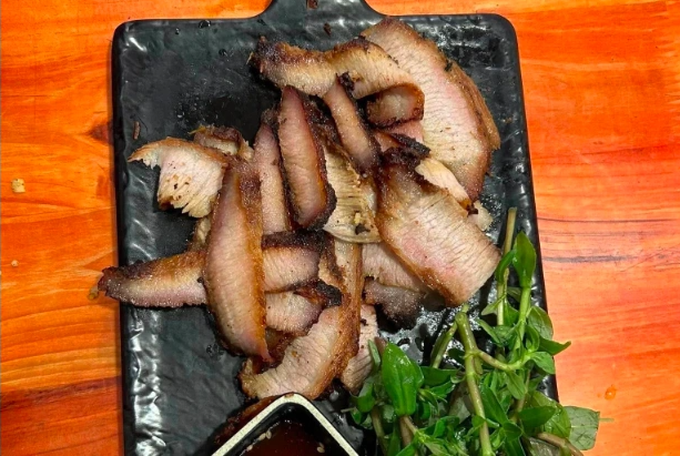
Close-up of a roast pork dish priced at VND495,000 in Sa Pa (Lao Cai). (Photo: NVCC)
Ms. Hoang Hong Hanh (35 years old, Hanoi) complained: "I feel scared when traveling domestically". Although she always mentally prepares to pay a little more, time and time again, she is shocked by the tricks of local vendors to attract customers.
Once, when taking a taxi from Tan Son Nhat airport (HCMC) to Le Van Sy street (about 3km), Ms. Hanh was asked by the driver for 500,000 VND even though the fare on the meter was only over 70,000 VND. "Pay quickly", the driver said and then put her suitcase on the street.
It was also a challenge, but in Indonesia, Ms. Hanh had a completely different experience. When asking to buy a souvenir made from sulfur ore, Ms. Hanh was quoted 60,000 rupiah/product (about 95,000 VND). "They made the price public from the beginning and I could bargain," Ms. Hanh said.
When the negotiation ended, the female tourist bought the item for 45,000 rupiah, and was praised by the seller for her good bargaining skills. It is not known whether she was "ripped off" or not, but the important thing in this transaction, the end result is the satisfaction of the buyer.
In Vietnam, price gouging turns business into a form of "robbery": when buying, customers have to buy goods or services with resentment because they do not agree on the price, are forced, threatened to accept sky-high prices without the right to refuse.
At the 14th session of the 15th National Assembly Standing Committee in August 2022, discussing tourism, Minister of Culture, Sports and Tourism Nguyen Van Hung frankly pointed out the current situation of exploiting domestic tourism with a "domestic" mentality, leading to laxity in providing products and services. According to Mr. Hung, this is a "quick fix" approach, which at that time may bring immediate profits but will not meet the long-term needs.
"I'm scared to travel domestically"
Ms. Mai Hoa (30 years old, Hanoi), a tourist, said that for several years now, she has not traveled domestically on holidays. When choosing destinations, she prioritizes the friendliness of the local people, because "I cannot be annoyed by the way sales people shout at customers," Ms. Hoa said.
Like Ms. Hoa, many Vietnamese tourists are afraid of traveling domestically and are reluctant to "prefer foreign travel".
In the tourism market for the April 30 - May 1 holiday season this year, travel agencies said that up to 60% of Vietnamese tourists chose to travel abroad. Outbound tours "exploded" in both quantity and quality, of which, Thailand was the most popular destination.
In mid-April, many businesses in Phu Quoc "called for help" because of the fear of losing market share.
Mr. Nguyen Khac Vu Huy, CEO of Vina Phu Quoc Travel, said that since the beginning of the year, his business has seen a 30% decrease in the number of customers using its services. During the April 30 - May 1 holiday this year, it is expected to welcome only over 1,500 customers, while the same period last year saw 3,000 customers.
"We have to admit that our neighbor, Thailand, is a strong competitor. They do not calculate whether tourists buy tours and make a profit or loss, but think about the potential of how much money tourists will spend when coming to Thailand.
Tourists may only spend about 7 million VND to travel to Thailand, but the amount of money they will spend there will be double or triple, that is the economic benefit that Thailand tourism aims for," said Mr. Pham Van Bay, Deputy Director of Vietravel Hanoi branch.
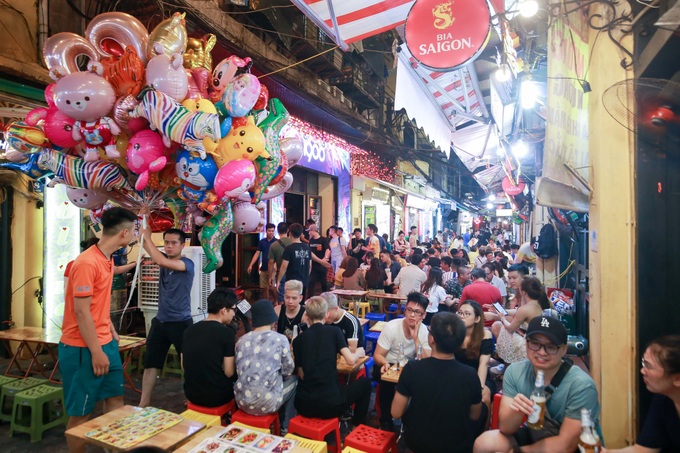
Overcharging has become a nightmare for Vietnamese tourists when traveling domestically.
In Vietnam, the problem of price gouging has become a nightmare for many domestic tourists when traveling. They buy and use services in fear, and feel angry when they lose money, are scolded by sellers, and even use the "law of the jungle" to threaten them.
In the future, many shop owners, especially those in the same street, such as the seafood street in Da Nang, Vung Tau, Nha Trang, will not understand why their number of customers is much lower than others. The fewer customers, the more they will rip off the few remaining "gods", and thus the business will decline. The market has a mechanism to eliminate scammers, and information technology will speed up that process.
In 2022, domestic tourists reached a record level, far exceeding the peak of the pre-pandemic period in 2019, becoming a lifeline for Vietnam's smokeless industry, when international visitors have not yet returned in large numbers.
According to Mr. Hoang Nhan Chinh, Head of the Tourism Advisory Board (TAB) Secretariat, Vietnamese tourists after the pandemic tend to spend "a lot". The growth rate of the middle class is quite fast, especially the "rich kid" segment (young customers with high spending levels) is gradually becoming an important customer segment of the domestic tourism industry.
Vietnamese tourists now prefer to experience quality, high-class services that were previously reserved for international visitors.
According to a survey by the Institute for Tourism Development Research on domestic tourism, about 80% of tourists choose to travel independently, the rest buy tours through travel companies.
Some explanations that being ripped off for not going on a tour are not convincing.
We need to face the truth, "overcharging" is a manifestation of unprofessional tourism practices, damaging the tourism image of many localities.
Source









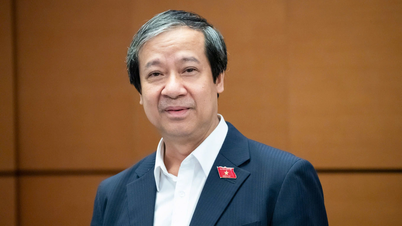
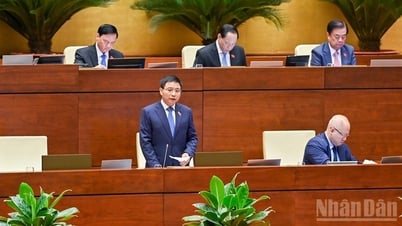

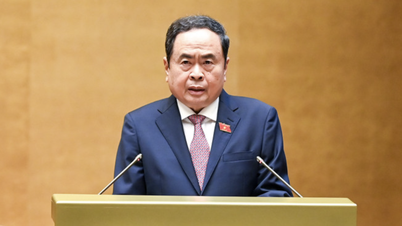
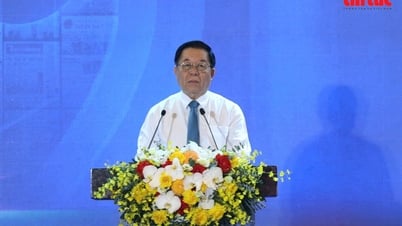

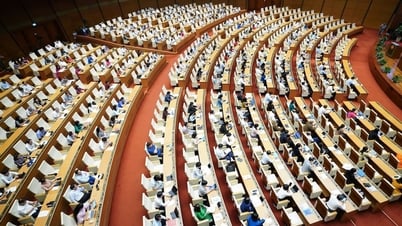





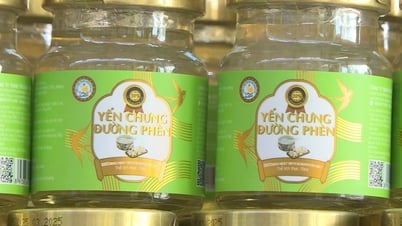
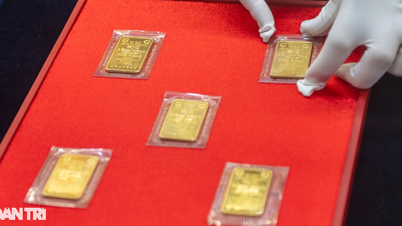












































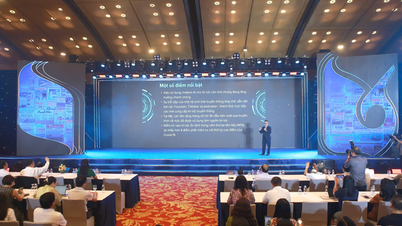








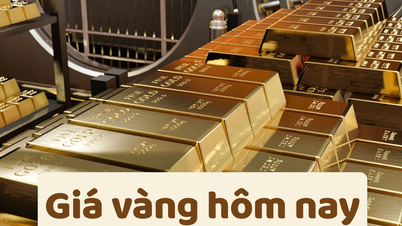

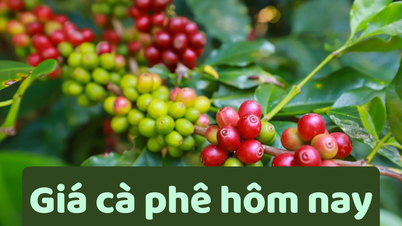




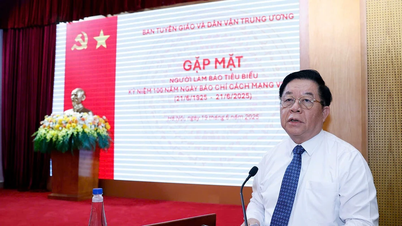

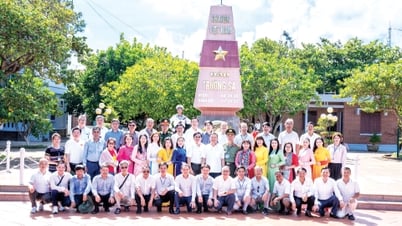











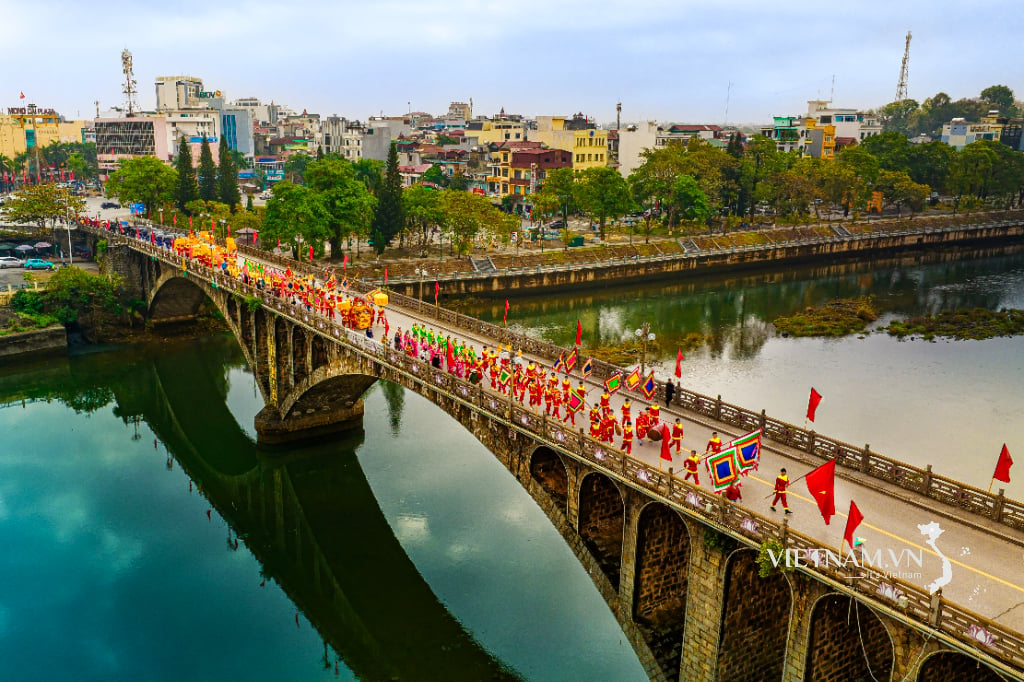


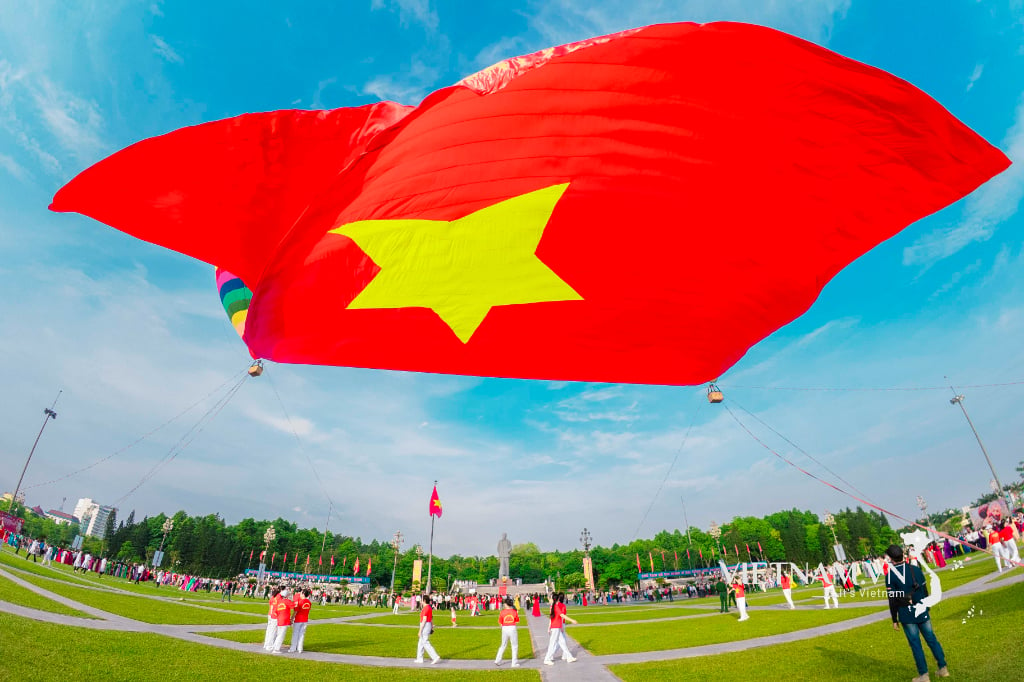
Comment (0)